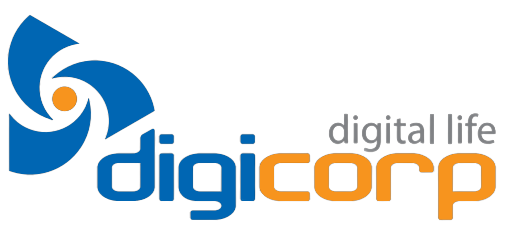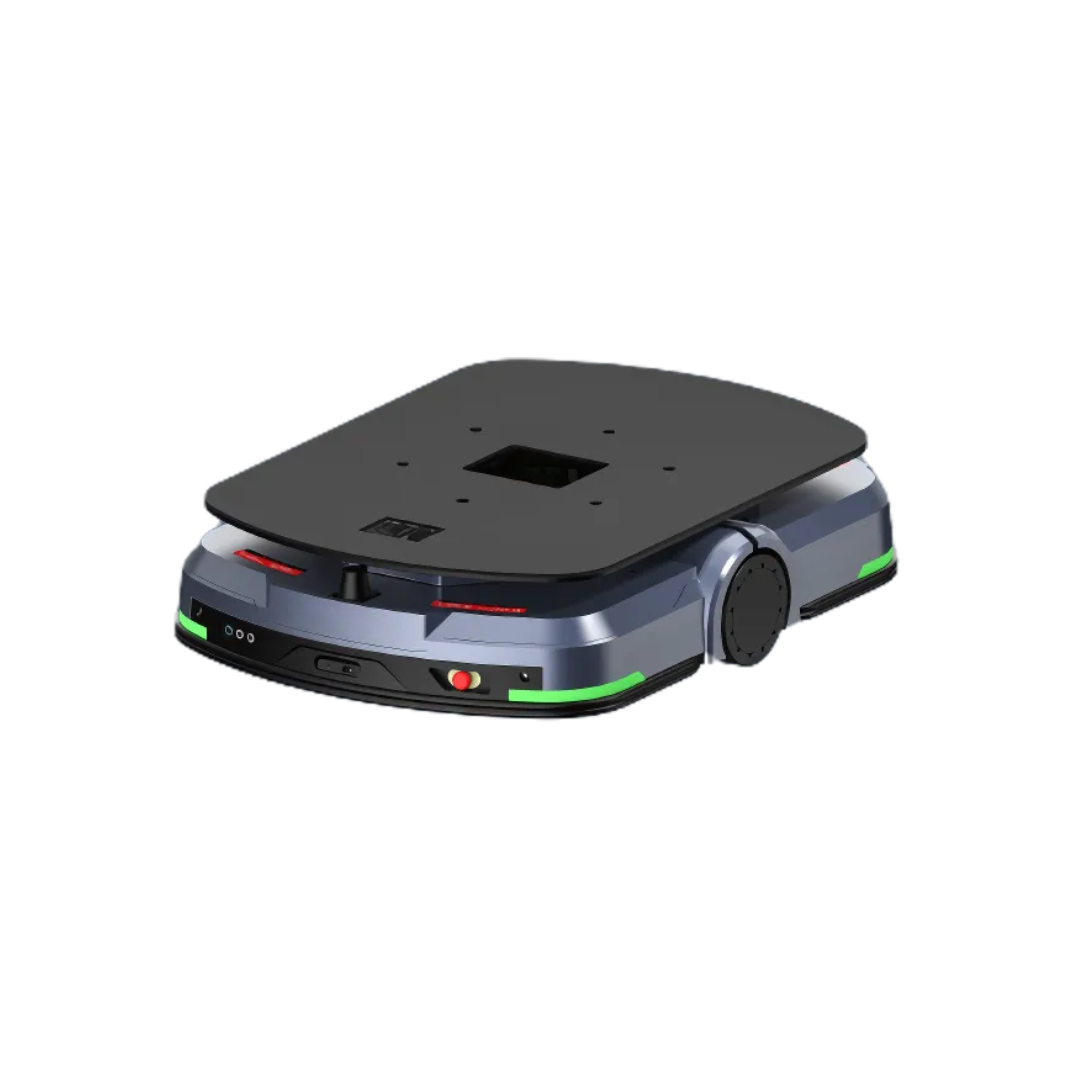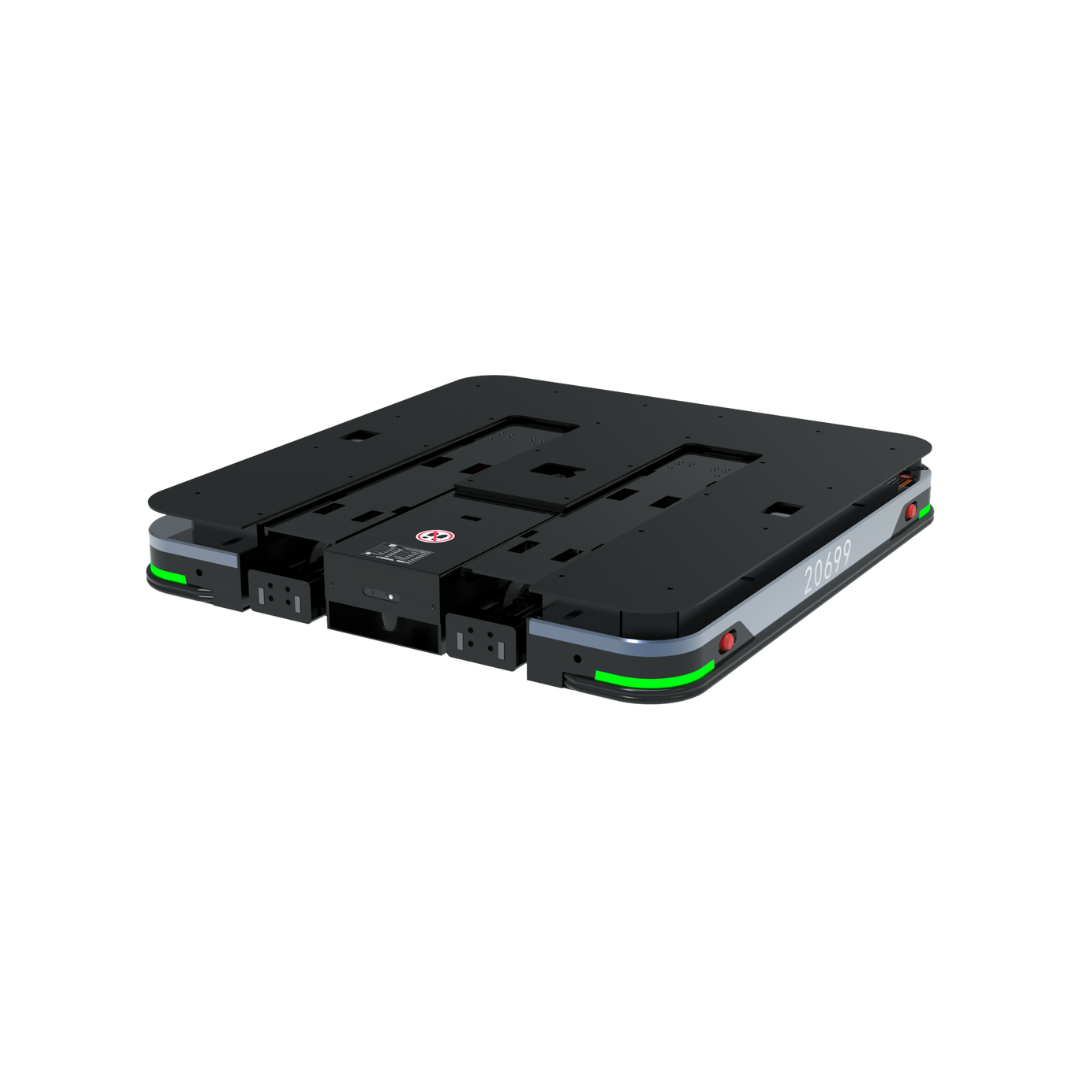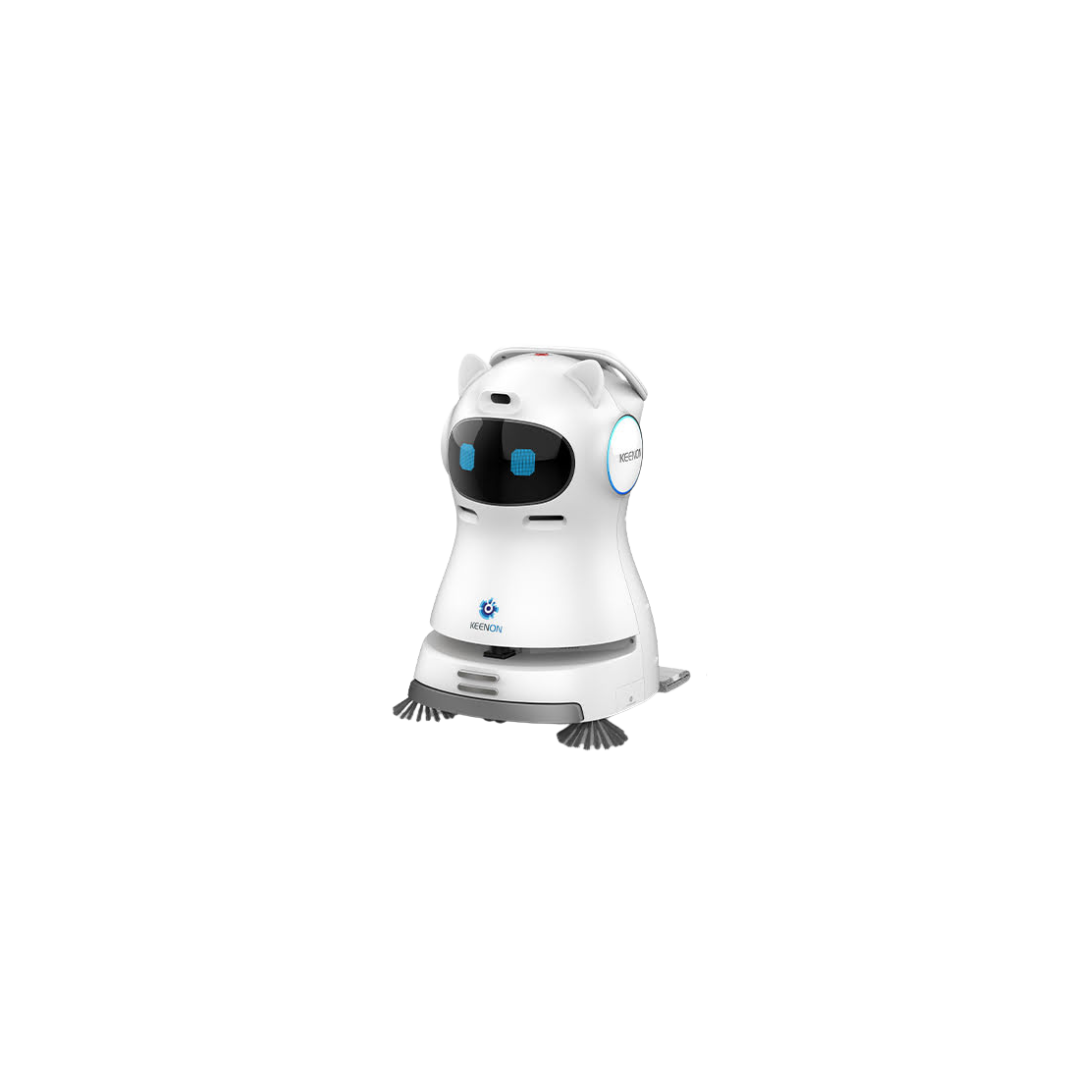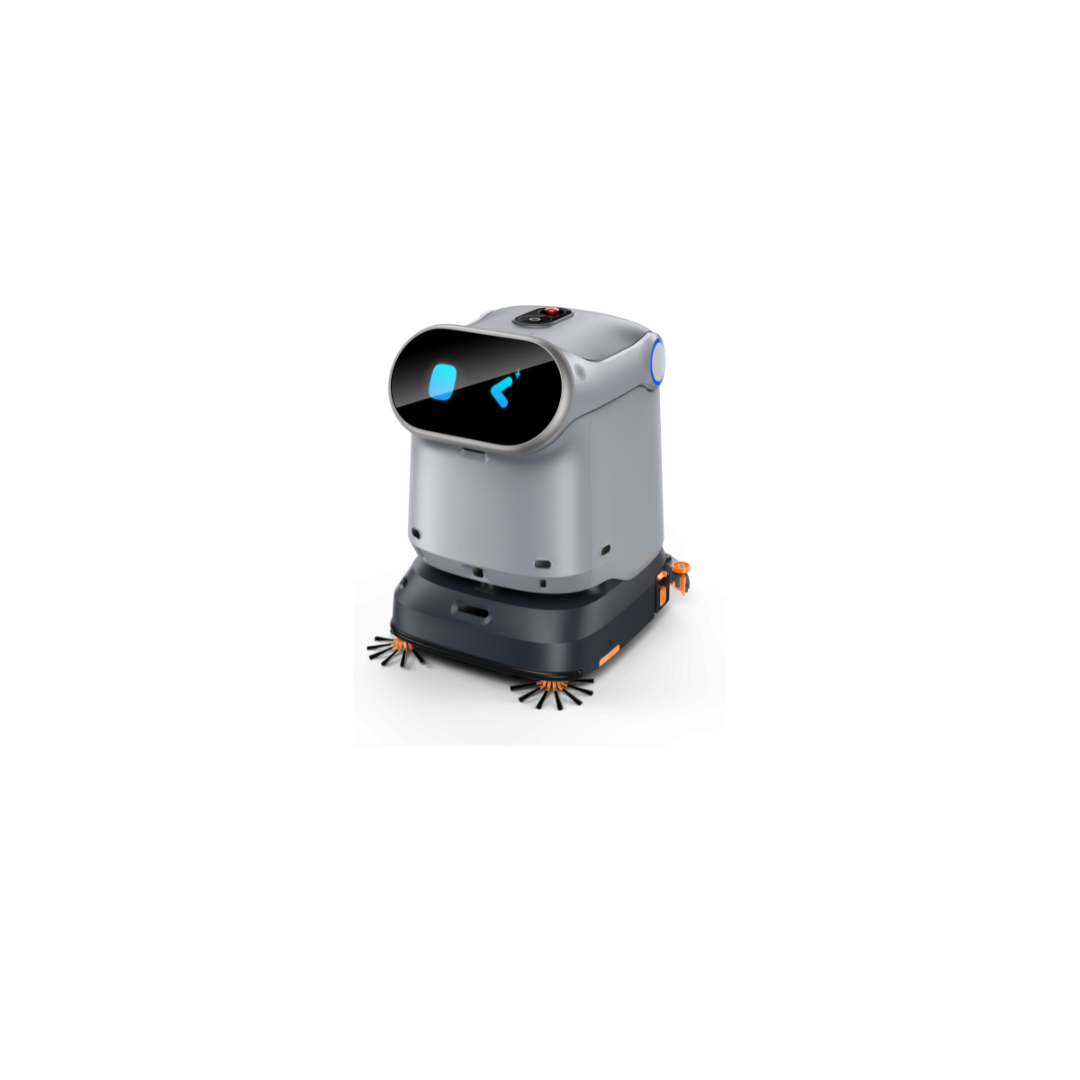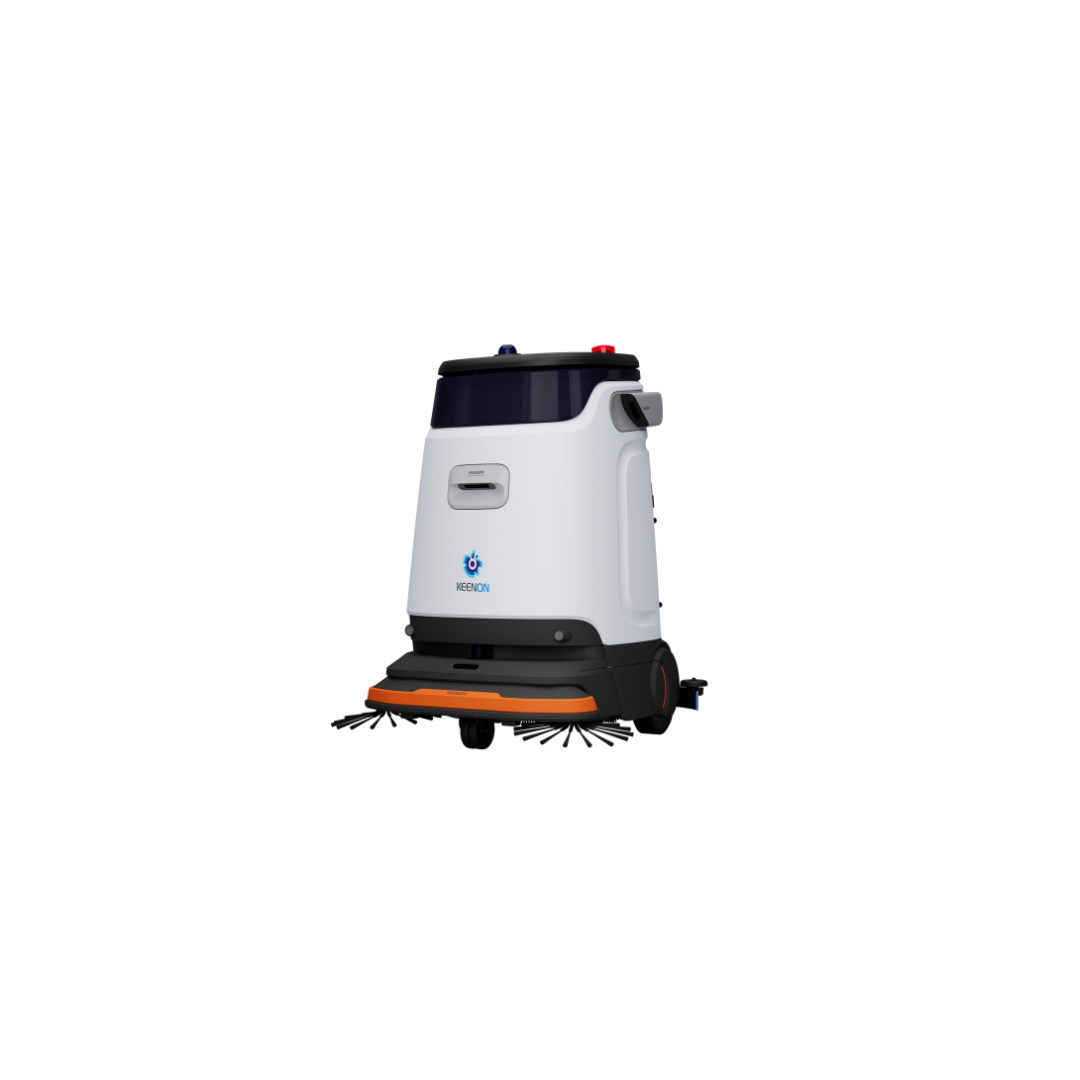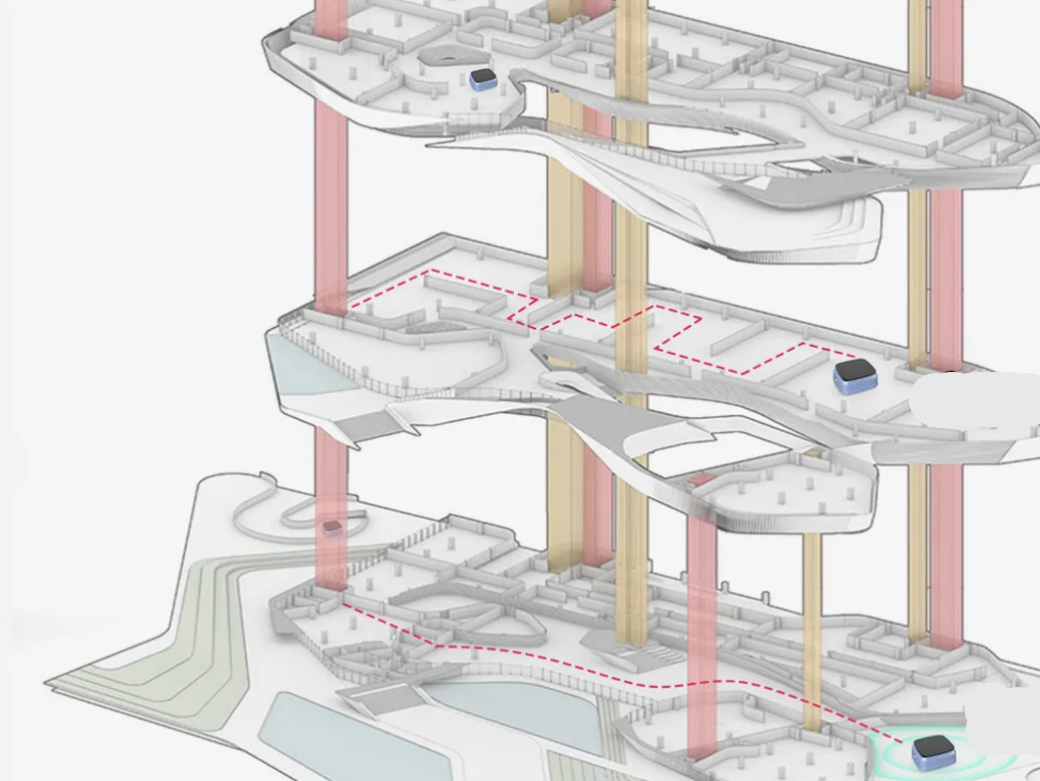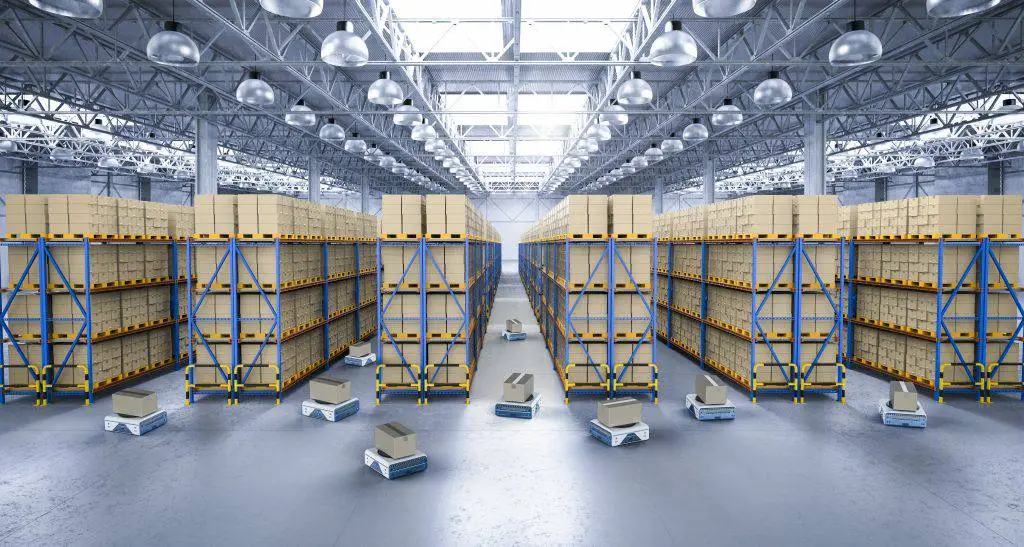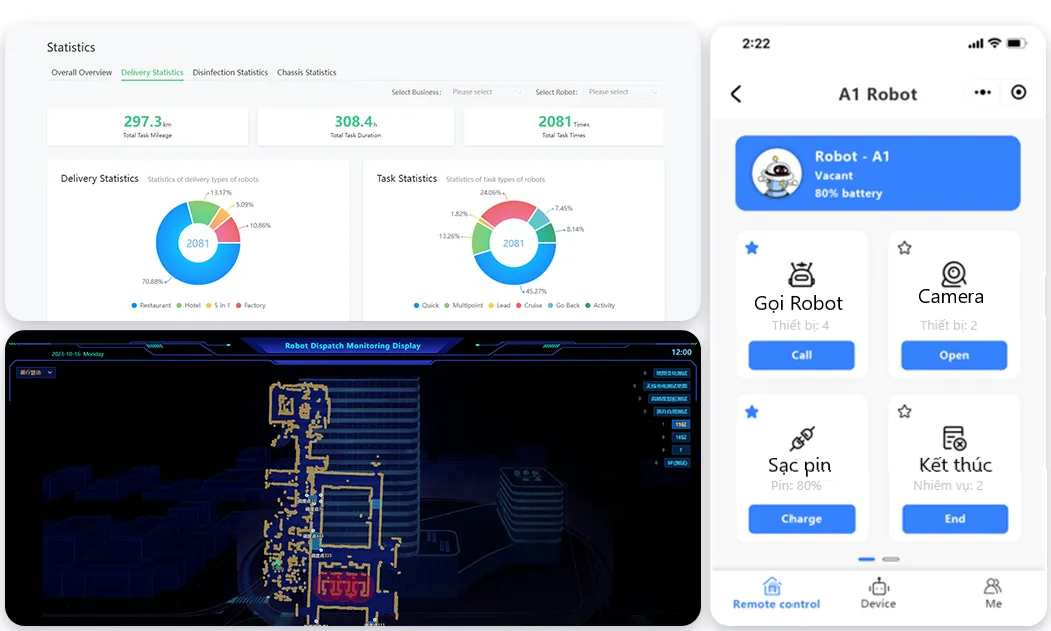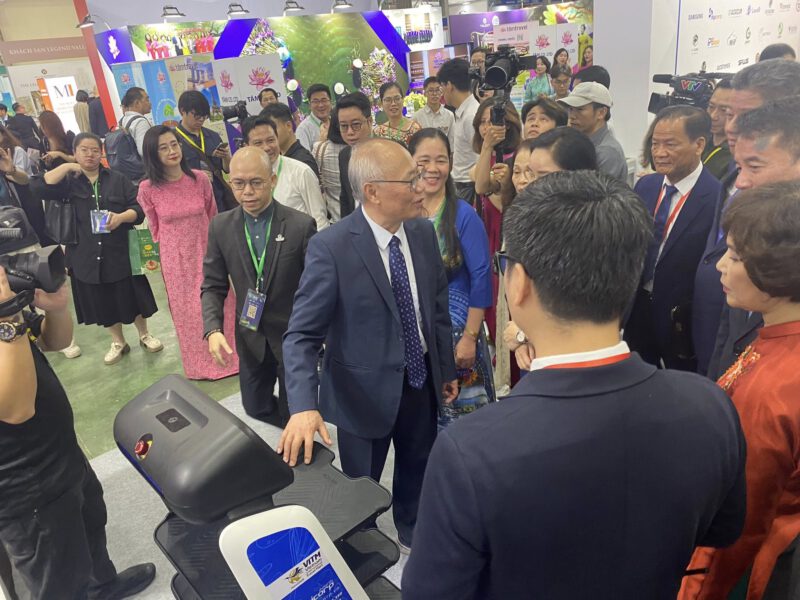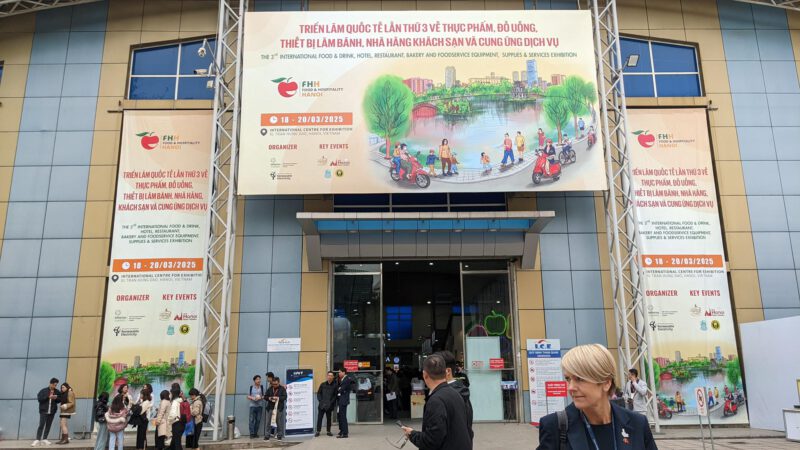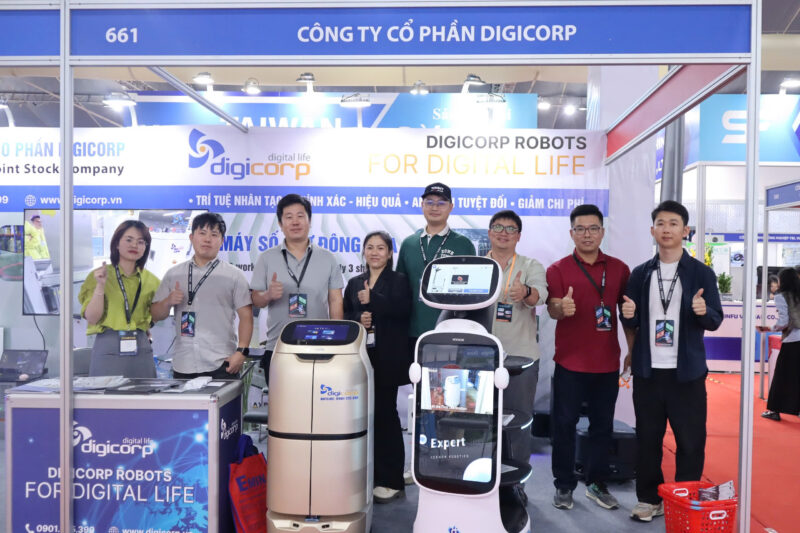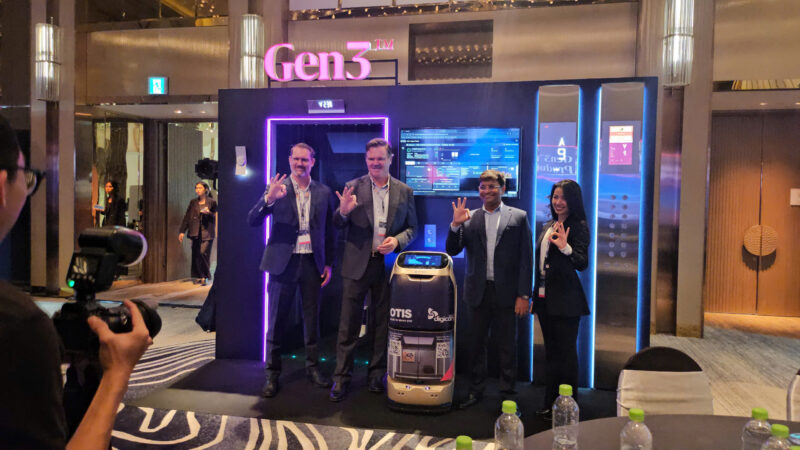A smart factory is designed to create a flexible, efficient, and automated production environment to improve productivity and product quality. Robots are used to assist humans in controlling and operating production activities with precision, speed, and ease.
Key Features of a Smart Factory
The future of modern industry, inevitable development trend
- Increased Productivity: Automation with robots, artificial intelligence, and the Internet of Things (IoT) helps to boost productivity by reducing wait times, minimizing human errors, and optimizing workflows.
- Enhanced Flexibility: The smart factory system allows for smooth transitions between product lines and production processes without requiring significant equipment changes. This allows businesses to quickly adapt to market fluctuations and customer demands.
- Optimized Workforce: Automating repetitive and hazardous tasks reduces the burden on employees and increases work efficiency. This enables personnel to focus on tasks that require creativity, management, and problem-solving skills.
- Reduced Waste and Error Risks: Smart factories use monitoring systems to detect and correct errors as they occur. This helps to reduce product waste and the risk of producing large quantities of defective products.
- Energy and Resource Savings: Automation and optimization of production processes help to reduce energy and material consumption.
Solutions of Digicorp
Additional capabilities include robots delivering goods between production lines and stages
Digicorp robots excelling in movement via elevators
Automation of both loading/unloading and storage processes
User-friendly remote management interface
